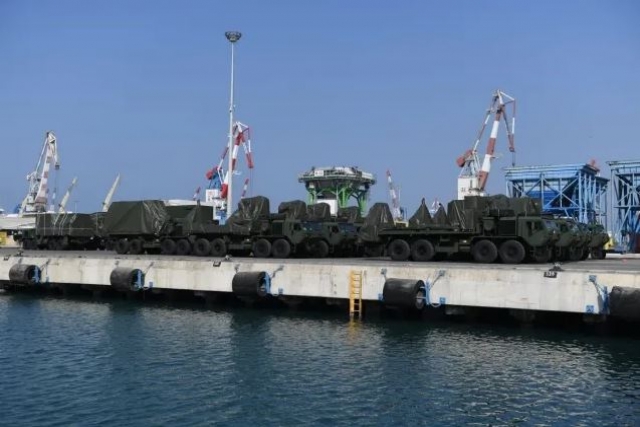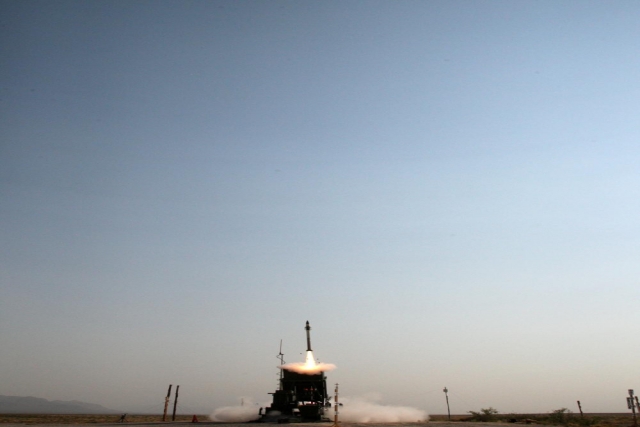U.S. Army Operated Iron-Dome Battery Could be Headed to Ukraine

A certain portion of the American congress is looking to make amendments to its 2022 Defense policy bill to allow the Biden administration to sell or transfer new air and missile defense systems to Ukraine, including potentially sending an Iron Dome battery currently being operated by the U.S. Army.
The present House Armed Services Committee version of the fiscal 2022 Defense policy bill requires the Pentagon to submit a report to Congress which provides options for potential sale or transfer of existing systems with low likelihood of being deployed in the near future by Ukraine. Though the bill doesn’t not specify any particular weapons systems as to be delivered to Ukraine, it calls for $275 million to be provided as military aid to Ukraine even before transfer of any missile defense system
The U.S. Army’s two Iron Dome batteries are prime candidates because there are few relevant systems the Army possesses that could defeat the threat Ukraine faces from Russia, POLITICO reported, citing a congressional staffer as saying.
Israel had delivered the second Iron Dome battery built by Rafael to the U.S. military. On July 31, the U.S. and Israel signed an agreement to make the THAAD missile interoperable with the Israeli Iron Dome.

Since March, Washington has continued the transfer of arms and services to the Ukrainian military, including $275 million worth of equipment and support.
“Given the desire and bipartisan recognition that more needs to be done on the integrated air defense front for the Ukrainians, and given some of the administration's policy decisions towards Ukraine recently, there's a desire to try and do more to help them than what the Biden team is doing,” POLITICO stated as the being said by the staffer, who spoke on condition of anonymity because the bill is still pending on the House floor.
The arming of Kiev with new air defenses is expected to heighten tensions with Moscow. Russia has long complained about an American ballistic missile defense system in Romania, claiming it could be used for offensive purposes, an accusation the U.S. and NATO have dismissed. Moscow has not threatened Ukraine with short range surface- to- surface missiles nor has Kiev expressed such an apprehension. So it remains to be seen if Kiev will accept such an offer if made by the U.S. given that the price of the Israel-made systems far exceeds U.S. aid commitment to Ukraine.













